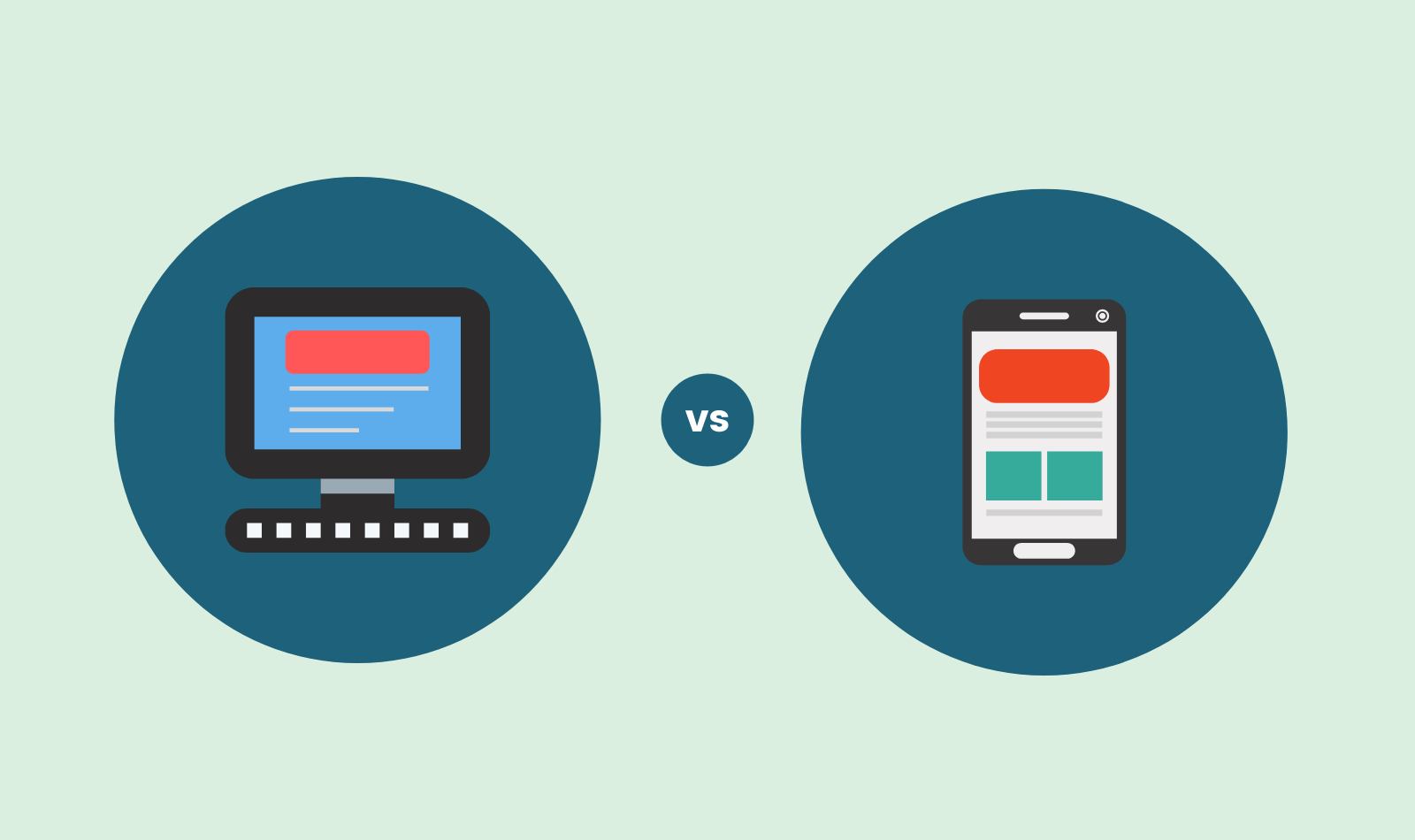
For many, the personal computer has been the cornerstone of digital life. Laptops offered portability, while desktops provided unyielding power. But the tide is turning, and smartphones, ever-evolving powerhouses, are challenging the PC’s reign. Can your mobile truly become your primary computing device? Let’s explore the potential and limitations.
Key Highlights:
The Power in Your Pocket:
Gone are the days of bulky laptops weighing you down. Today’s smartphones pack processing power rivaling some netbooks. Flagship models boast multi-core processors, ample RAM, and advanced graphics capabilities, enabling smooth multitasking and even light gaming. With 5G and Wi-Fi 6 connectivity, seamless cloud access and lightning-fast downloads are becoming the norm.
Transforming Your Phone into a Desktop:
Smartphone manufacturers are recognizing the PC replacement potential. Features like Samsung DeX and Huawei EMUI Desktop allow you to connect your phone to a monitor, keyboard, and mouse, transforming it into a full-fledged desktop experience. You can run multiple windows, use desktop-grade apps, and enjoy a familiar computing environment on the go.
A Streamlined Software Experience:
Mobile apps are often designed for efficiency and intuitive touch interactions. They typically launch faster, consume fewer resources, and require less storage compared to their desktop counterparts. This translates to a smoother, more responsive user experience, especially for everyday tasks like communication, browsing, and entertainment.
But is it All Sunshine and Rainbows?
While the potential is impressive, replacing your PC completely with a smartphone may not be ideal for everyone. Smaller screens and touch interfaces can be limiting for extended multitasking or specific software needs like video editing or complex creative work. Additionally, storage capacity and battery life can be concerns for power users accustomed to the ample resources of traditional PCs.
Software Optimization:
Mobile apps are often designed with efficiency and intuitive touch interactions in mind. They typically launch faster, consume fewer resources, and require less storage compared to their desktop counterparts. This translates to a smoother, more responsive user experience, especially for everyday tasks like communication, browsing, and entertainment.
The Verdict: A Shared Future?
For many users, particularly those with moderate computing needs and a mobile-centric lifestyle, a smartphone can handle much of their daily computing tasks. As technology advances, processing power, battery life, and screen sizes will continue to improve, blurring the lines between phone and PC even further. Ultimately, the choice might not be an “either/or” but rather a “both/and” situation, where each device plays a specific role in our digital lives.